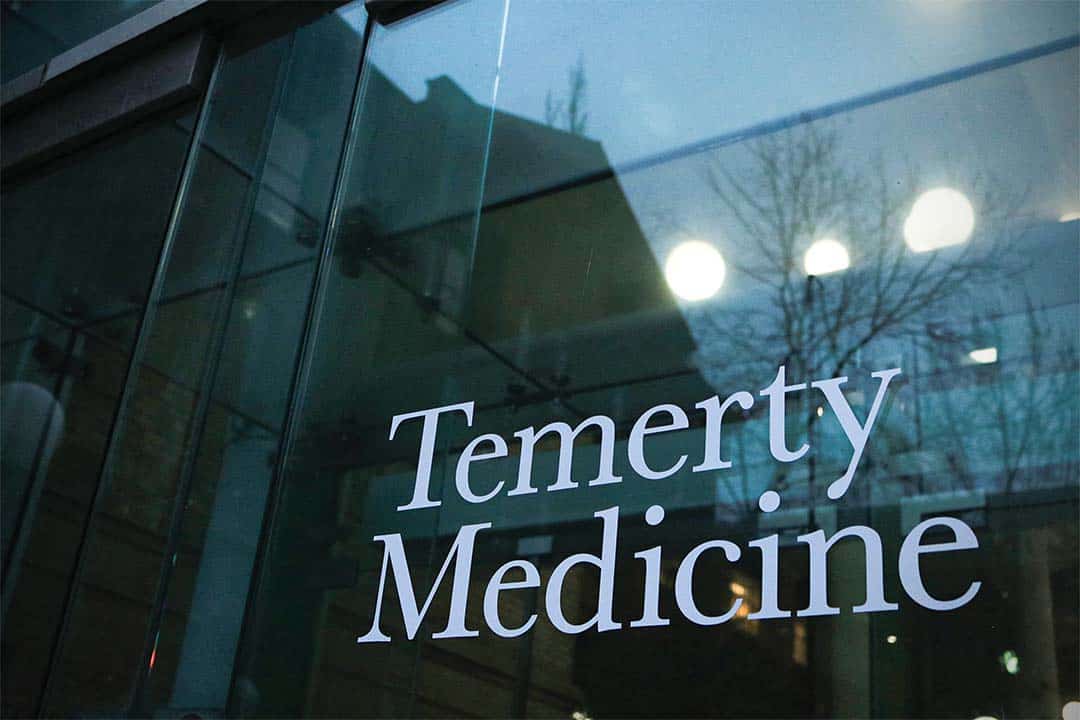By the 2023–2024 academic year, graduate students at the Temerty Faculty of Medicine can expect to see an increase in their base-annual stipend funding.
The faculty announced the increased amounts on December 20, 2022. According to the announcement, these increases will make these stipends the largest in Canada for students pursuing comparable degrees in medical science research. For students enrolled in a master’s program, the new stipend amount will be $37,000 per year, and for students pursuing a PhD, the new stipend amount will be $40,000 per year.
The increased stipends apply to students in the faculties covered by the Harmonized Base Funding Agreement, which includes the departments of biochemistry, immunology, nutrition, medical biophysics, molecular genetics, pharmacology and toxicology, physiology, laboratory medicine and pathobiology, as well as the Institute for Medical Sciences.
In an email to The Varsity, Professor Justin Nodwell — vice-dean, research & health science education at the Temerty Faculty of Medicine and a member of the Toronto Academic Health Science Network Research Committee — explained that the stipend increases were part of a three-year plan for annual increases affecting graduate students pursuing research degrees through the faculty. Stipends for Temerty graduate students were $28,000 in 2019.
Over the past three years, the faculty has included a stipend increase of 10 per cent per year. The 2022–23 academic year also saw a 10 per cent increase in the cost of living portion of the stipend. The increased funding does not apply to students pursuing a professional graduate degree at Temerty, such as through the MD program.
“The increased stipends ensure Temerty Medicine remains competitive with other medical faculties, including U.S.-based schools, in attracting and retaining top graduate student researchers,” Nodwell wrote.
Nodwell also noted that it is typical for graduate student stipend funding to be provided through supervising faculty members. These supervisors are often funded by federal government agencies, including the Canadian Institutes of Health Research and the Natural Sciences and Engineering Research Council of Canada. A 2017 review of the federal funding available for external scientific research found that government funding for research and development had declined in recent years.
Danielle Karakas — vice-president academics and funding for divisions 3 and 4 at the University of Toronto Graduate Students’ Union (UTGSU) — wrote in an email to The Varsity that the UTGSU “commends the Faculty of Medicine’s commitment to annual stipend increases.” However, she also mentioned that further stipend increases should occur in Temerty and in graduate departments across the university.
“We hope that other graduate faculties will consider the significant cost of living increases caused by the pandemic and re-evaluate graduate student funding,” wrote Karakas.


